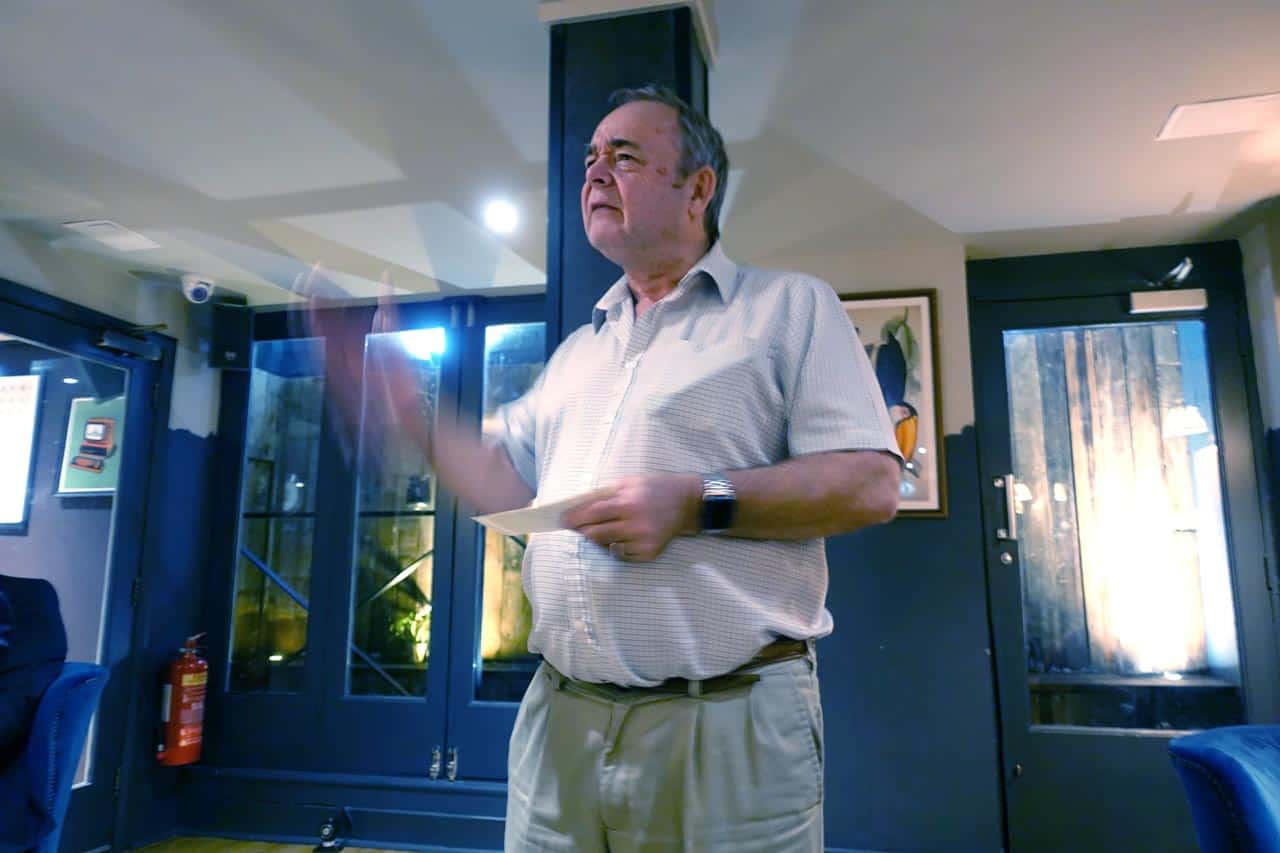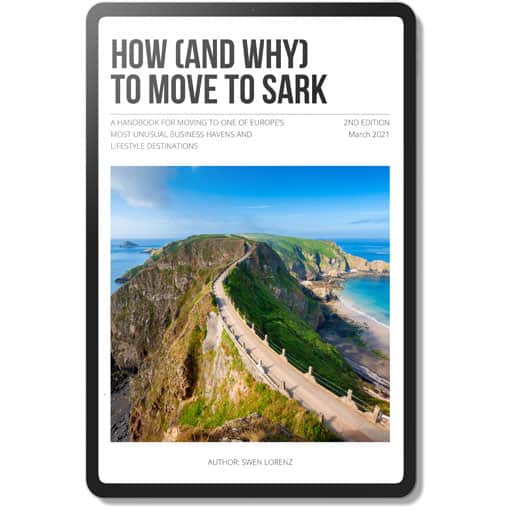If you’d like to get investment from Cambridge based angel investor Peter Cowley, you better make sure that someone introduces you to him. After receiving 1,500 business plans each year, and with his capacity limited to making about six new investments annually, he switched off the section on his website that asked to send in proposals.
The best way to get his attention for an investment proposal now is “to get a warm introduction,” i.e., be recommended by a mutual contact.
Can you still get his investment if you’ve never met him and don’t know anyone who does? Because honestly, which young entrepreneur would know someone like him or even one of his professional contacts?
You sure can!
“Approaching me at an event is fine. Get your elevator pitch ready!”
“As an entrepreneur, you are a hustler. Find a way!”
Why it’s worth approaching Peter
Peter was UK Angel Investor of the Year 2014/15; he is the Chair of the 60-member strong Cambridge Angels, and President of the European Business Angel Network. He has 35 years of experience in running businesses, sits on the boards of seven companies, and has done angel investments in 60+ companies.
It’s safe to say that Peter has plenty of practical advice on how budding entrepreneurs can find angel investment to get their enterprise off the ground.
Some of his advice runs counter-intuitive to what you hear or read elsewhere.
E.g.:
- “I don’t want a projection for five years, because you won’t get it right. Instead, give me the use of funds during the next 12-18 months.”
- “Personally, I don’t believe in patents. Do not even dream of a patent.” (He cited cost-issues around registration and enforcement)
- “I reject 60-page business plans. I can’t be bothered to read them. I invest in people, not in business plans.”
It’s all about the team
Outside of his specific investment criteria, such as investing in B2B ventures only, his key requirement is the team.
In the 12 to 15-page pitch deck he asks for, “I really want a slide on the team.”
Peter doesn’t usually support solo founders. He wants a team of founders, ideally consisting of one founder with the technical background and one founder who has the commercial brain. Preferably in the age group from the late 20’s to late 30’s.
Peter would “rather invest in someone who has had a journey already and failed. They just need to be open about what the learnings were.”
What makes a good team: “They listen, and they don’t lie.”
Peter would “rather invest in someone who has had a journey already and failed. They just need to be open about what the learnings were.”
To get to know the founders he is considering to invest in, Peter would usually spend about three months working with them. He only invests into companies that he can reach by public transport within a 90-minute radius of his Cambridge home: “I want to spend time with the entrepreneurs, on their premises.”

Angel investor Peter Cowley during his energetic dinner talk
Enter “The Invested Investor”
Fundraising, working with investors and building a company is an art, more than a science. To distil his over three decades of experience and help the next generation of angel investors and entrepreneurs, Peter recently published “The Invested Investor.”
“This book is for angels and entrepreneurs who want to understand some of the potential pitfalls of angel investing and how to avoid them – or at least lessen their impact. … So if you want to help entrepreneurs build successful businesses, or if you are an entrepreneur who wants to build great relationships with angel investors, this book is for you.”
As its name suggests, “The Invested Investor” sees the role of angel investors not only in providing money, but also in getting personally involved in order to make the company succeed.
The book will certainly help you understand in more detail the difference between smart money and toxic money.
I heard Peter speak about his book during a dinner event, and subsequently purchased and read it. It’s one of the best, i.e., most transparent and most honest, summaries of the subject I have come across.
Provided your business fits Peter’s investment criteria, it could set you onto the path of the six-month journey of getting angel investment from him. He usually invests an initial GBP 20k, GBP 40k, or GBP 60k; and only in exceptional circumstances could it be up to GBP 100k (GBP 1 = $1.30). It could also be supplemented by money he can help raise from other investors in his network, which could lead to a syndicate of 10-15 angel investors joining forces. An “Invested Investor” in its truest sense!
The book will certainly help you understand in more detail the difference between smart money and toxic money.
- Smart money = funds from an angel investor who makes fast decisions and whose help goes far beyond money alone.
- Toxic money = funds from investors who take ages to make a decision, want to squeeze the entrepreneur too much and don’t provide other help to make the business succeed.
Peter urges all entrepreneurs: “Do find smart money. Get to know your investor.”
The book is available on Peter’s personal website [1], which also provides all sorts of other related reading material.
If you enjoyed this, you might also find the following articles useful:
Did you find this article useful and enjoyable? If you want to read my next articles right when they come out, please sign up to my email list [3].
Share this post:

